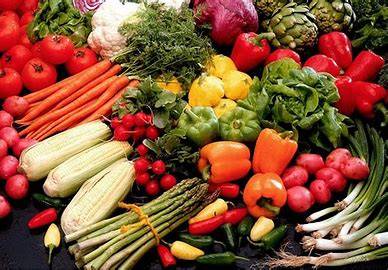A lowly vegetable rises to stardom in a newly released dietary advisory report.
Beans Step Into the Nutritional Spotlight as a Key Protein Source
Long associated with their fiber content and humorously linked to flatulence in the popular children’s rhyme, beans are now being recognized for their significant role as a major source of protein.
On Tuesday, beans and their legume relatives, such as peas and lentils, gained newfound prominence when the 2025 U.S. Dietary Advisory Committee released its scientific guidance. This report is expected to influence federal dietary recommendations for the next five years.
We’re recommending that the protein section of MyPlate, the government’s guide to healthy eating, start with beans, peas, and lentils, explained Dr. Christopher Gardner, a committee member and research professor of medicine at Stanford University. Gardner also leads the Nutrition Studies Research Group at Stanford’s Prevention Research Center.
The proposed shift represents a major reevaluation of protein sources in the American diet. We advised that meat, including lean meat, should be moved to the end of the protein list, Gardner said, emphasizing the benefits of plant-based proteins over traditional animal-based options.
The committee’s findings highlight the health advantages of legumes. Beans, lentils, and peas are rich in protein, fiber, vitamins, and minerals while being low in saturated fat. Their consumption is linked to a reduced risk of heart disease, diabetes, and other chronic illnesses. By contrast, many animal proteins, particularly those high in saturated fat, are associated with increased health risks.
Additionally, the committee examined the benefits of swapping animal proteins with lower levels of saturated fat, such as lean meat, for other animal proteins. Surprisingly, they found minimal health improvement with this substitution. Instead, the most significant benefits came from replacing animal proteins entirely with plant-based sources like beans, which contain no saturated fat and offer a variety of nutrients.
The shift in focus toward plant-based proteins also aligns with broader discussions about sustainability. Producing legumes requires fewer environmental resources compared to raising livestock, making them an eco-friendly dietary choice.
Dietitians and public health experts have long advocated for incorporating more legumes into meals, emphasizing their versatility. From soups and salads to stews and even desserts, beans, peas, and lentils are easily adaptable to a variety of cuisines and cooking styles.
As the U.S. Dietary Advisory Committee’s recommendations gain traction, they are expected to reshape the way Americans approach protein in their diets. By elevating beans and their legume cousins to the forefront of dietary guidelines, the committee aims to promote healthier eating habits and support environmental sustainability.
This newfound recognition could make legumes a staple on plates nationwide, proving that these humble vegetables are much more than just a source of fiber—they are a powerhouse of nutrition.



No comments yet
Be the first to share your thoughts!